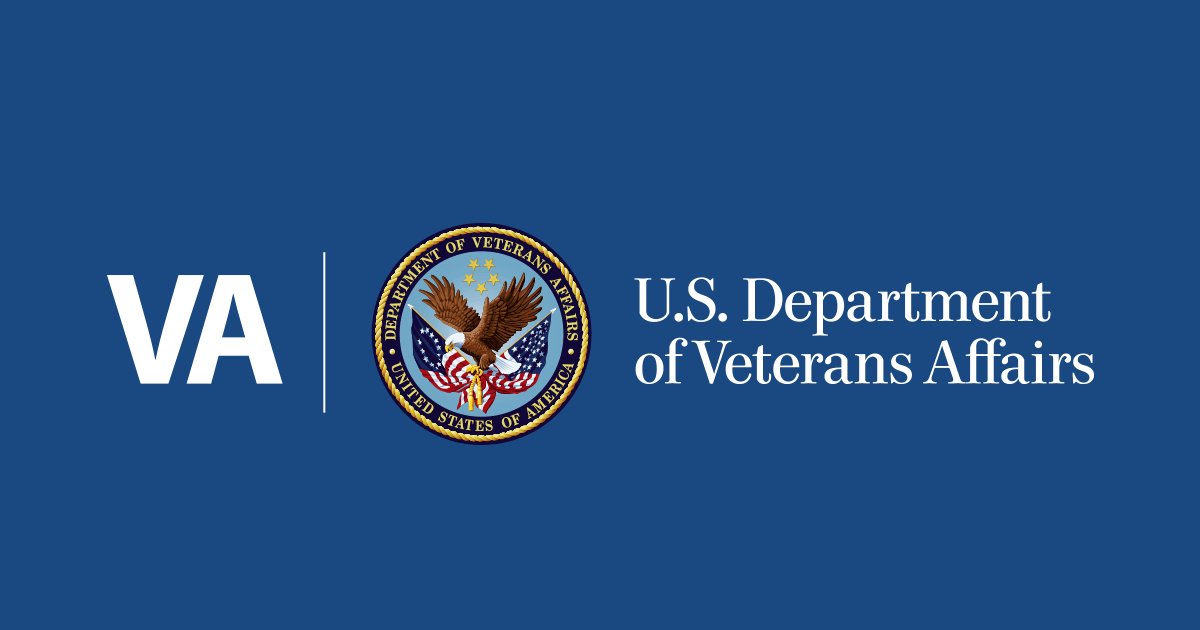Seeking Safety didn't do very well in the 2017 guidelines either, but, yeah. I bet it also sucks for the CBCT people. It's interesting because CBCT and now WET are currently being promoted as EBPs for PTSD under the rollout... but now they're TECHNICALLY not EBPs.
This entire organization needs to take a deep breath, a large step backwards, and re-conceptualize the construct of 'evidence-based psychotherapy,' beginning with a definition of the term.
The only actual definitions of 'evidence-based therapy' or 'evidence-based psychotherapy' that I've run across (maybe there are others) are borrowed from the 'evidence-based medicine' construct and it is the conjunction of three things:
(a) what the scientific literature says
(b) what the therapist is competent to do (and familiar with) and
(c) the patient's values/preferences
Where (a) + (b) + (c) intersect, that is (by this operational definition) 'evidence-based psychotherapy.' Visualize three interlocking circles in the classic Venn diagram.
Now, manualized protocols (CPT, CBT-i, PE, EMDR, XYZ-BBQ-ROFL-LOL, etc. etc. ad infinitum) are
particular instances of 'evidence based psychotherapy (but only where a, b, and c intersect (see above)).' Trying to ram a CPT protocol down the throat of a client who refuses to discuss their trauma, or refuses to fill out worksheets, or refuses to attend weekly therapy is stupid/iatrogenic/wasteful and is not 'evidence-based psychotherapy.' These 'protocols for syndromes' (as Hayes likes to refer to them) represent very highly structured and very high effort and very detailed protocols that
qualify as evidence-based psychotherapies but they do not in any way, shape or form exclusively constitute the entire
universe of 'evidence-based therapy.' Structure and client effort are variables that can (I would argue
must, in many cases) be dialed up or dialed down based on the response of the client and the phase of engagement with the therapy. Just throwing protocols at people has, unfortunately, been afforded some sort of 'brilliant' or 'heroic' status at VA and it is idiotic and disgusting to witness. We need a reset. Of course, when I see a client with PTSD for example and am just beginning assessment/therapy with them, my goal is to get them into a protocol like CPT or PE. I am not 'anti-protocol.' I am 'pro-realism' and 'pro-sanity.'
The kinds of psychotherapy courses that people like Donald Meichenbaum, Aaron T. Beck, David Barlow, Judith Beck, David Clark, etc., etc. etc. have conducted (and in some cases still do) with clients utilizing individualized cognitive-behavioral case formulations and interventions based on clinical science with outcome monitoring (but without a session-by-session pre-written and pre-scripted agenda) are very much 'evidence-based' psychotherapies.
I'd highly recommend the Hayes and Hofmann book
Process-Based CBT. I think we are at the beginning of a 'reality check' and mini-paradigm shift in the coming years in the field. This over-emphasis on fixed-length protocol-for-syndrome/diagnosis approach as the
only way to responsibly practice 'evidence-based psychotherapy' just isn't cutting it.

